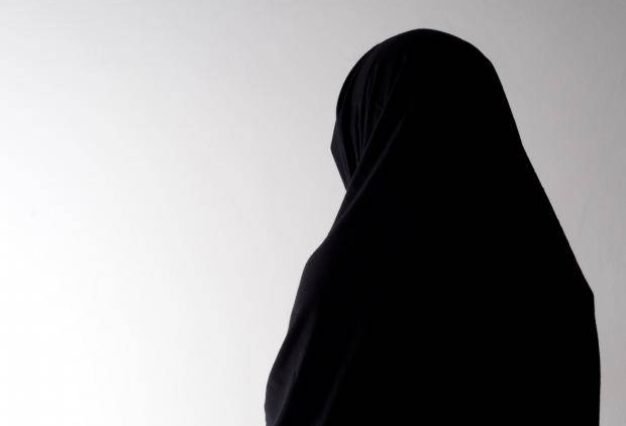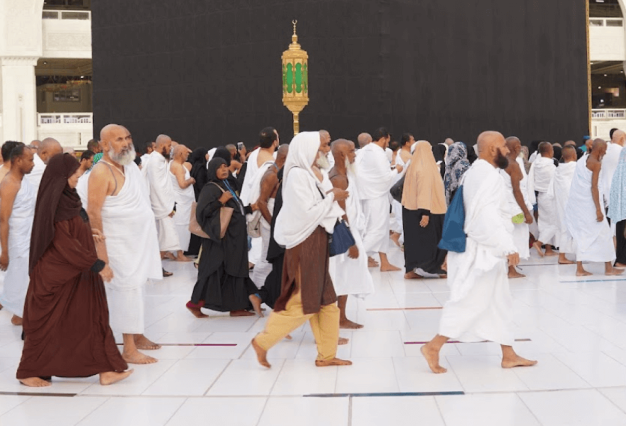Answered by Shaykh Mazhar Mahmood
Question:
I cannot find passages that forbid alcohol or passages that shun it’s use. On the contrary, I find references that Mohammad drank alcohol. What will you say to that?
Answer:
Thank you for your query.
The prohibition of alcohol is found not only in verses of the Qur’ān and sayings of Allāh’s Messenger, Muhammad (peace and blessings upon him), but books which were revealed prior to the Qur’ān have also emphatically deemed alcohol as impermissible for consumption.
Cited below are proofs,
-
Allāh Almighty says in the Qur’ān: “O you who believe, Indeed alcohol, gambling, sacrifices dedicated to false deities and picking fortunes (i.e., divination by arrows or in any other way; a custom found among the early Arabs) are an abomination of the devil’s doing, so avoid it, in hope that you may prosper.” (Qur’ān 5:90)
-
Allāh Almighty had instructed Prophet Muhammad (peace and blessings upon him), to inform individuals who would inquire about consuming alcohol, that it was a grave sin which held more harm than benefit. (See: Qur’ān, 2: 219)
-
Consumption of alcohol is detested in Islām to such an extent, that if one is intoxicated, he is to refrain from prescribed mandatory prayers until sobriety. (See: Qur’ān, 4:43)
-
Allāh Almighty tells us in the Qur’ān, the devil uses alcohol as a means to incite hatred and abhorrent behavior between people. (See: Qur’ān, 5: 91). Alcohol related crimes attest to the above verse. Kindly see the link below for details: https://ncadd.org/learn-about-alcohol/alcohol-and-crime
-
The modern-day Bible also speaks out against alcohol saying: “And be not drunk with wine.” (Ephesians 5:18).
-
The same sentiments of prohibition are found in the verdicts of Allāh’s Messenger (peace and blessings upon him). Abū Mūsā (may Allāh be pleased with him) has reported, that Allāh’s Messenger (peace and blessings upon him) said, “Anything which intoxicates is prohibited.” (Ṣaḥīḥ al-Bukhārī: 7172)
-
He (peace and blessings upon him) is also reported to have said, “Every element which intoxicates in large quantities is unlawful (to consume) in small quantities as well.” (Ṣaḥīḥ Ibn Ḥibbān: 5382)
There are also many short-term and long-term effects of alcohol. Short-term effects of alcohol consumption include intoxication and dehydration. Long-term effects of alcohol include changes in the metabolism of the liver and brain and alcoholism (alcohol dependency). Alcohol intoxication affects the brain, causing slurred speech, clumsiness, and delayed reflexes. Alcohol stimulates insulin production, which speeds up glucose metabolism and can result in low blood sugar, causing irritability and (for diabetics) possible death. Severe alcohol poisoning can be fatal. (Wikipedia)
Allāh Almighty commands us in the Qur’ān to avoid all which puts us in harm’s way. He says,
“Do not cast yourselves in harm’s way and put yourself into perdition, but commit to doing righteous deeds; surely Allāh loves the fair-doers.” (2:195)
As for the false allegations made upon Prophet Muhammad (peace and blessings upon him), that he consumed alcohol, this is not confirmed in any narration. However, there are narrations which mention that Allāh’s Messenger (peace and blessings upon him) delightfully enjoyed nabīdh, a beverage which is prepared by leaving dates to soak in water before it reaches fermentation.
It is narrated that an Ethiopian girl would prepare nabīdh for Allāh’s Messenger (peace and blessings upon him) at night. When he (peace and blessings upon him) would wake up in the morning he would drink from it. (Sahīh Muslim: 2005)
In other narrations, it is mentioned, Prophet Muhammad’s beloved wife ‘Ā’ishah (may Allāh be pleased with her) would prepare the nabīdh beverage for him also.
We know that Allāh’s Messenger (peace and blessings upon him) did not leave the nabīdh to ferment, nor partook of it after the fermentation process from many narrations.
One of these narrations is the hadīth of ‘Abdullāh ibn ‘Abbās, who has related,
“Raisin nabīdh would (at times) be prepared for Allāh’s Messenger in a waterskin vessel (which prevented quick fermentation to occur). He (peace and blessings upon him) would partake of it on the day it was prepared, the following day, and the day proceeding that. On the evening of the third day, he would drink the nabīdh and share it. Thereafter, he would throw the rest away (due to fear of fermentation).” (Sahih Muslim: 4974)
Due to the aforementioned verses, narrations, and reasonings, consumption of alcohol at any time or occasion is unlawful in Islām.
Allāh Almighty Knows Best




